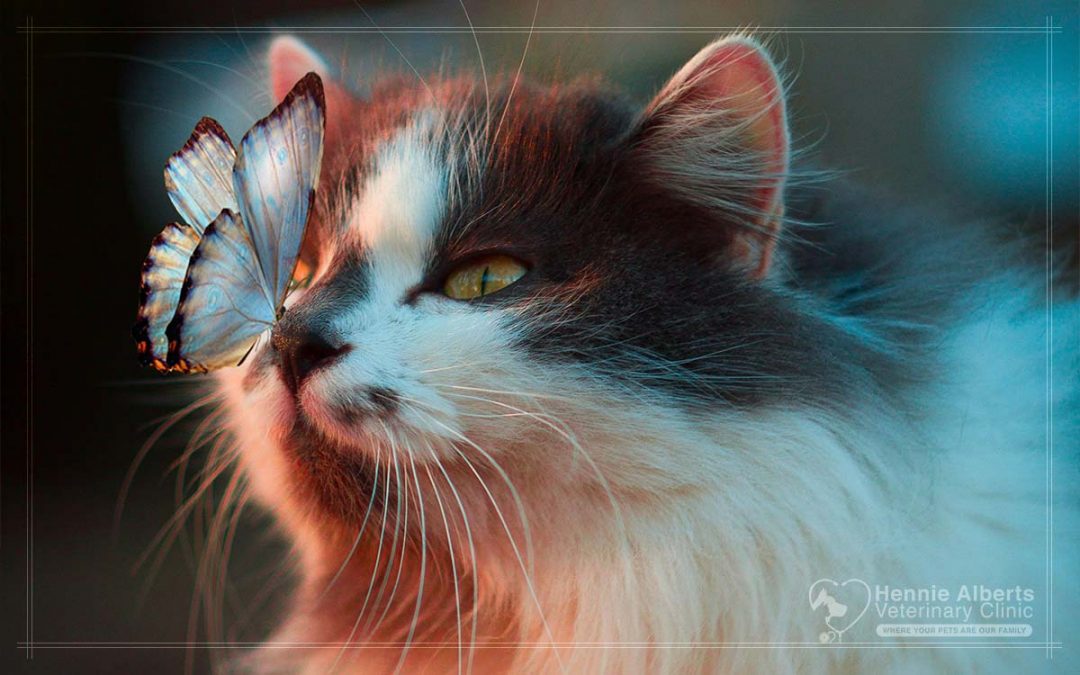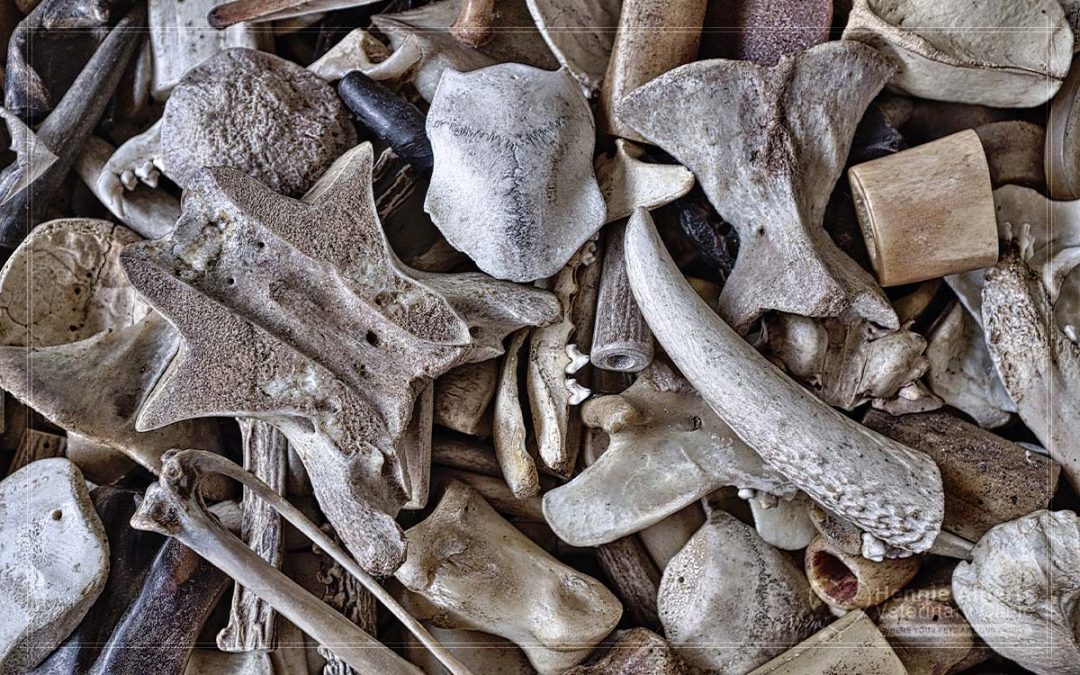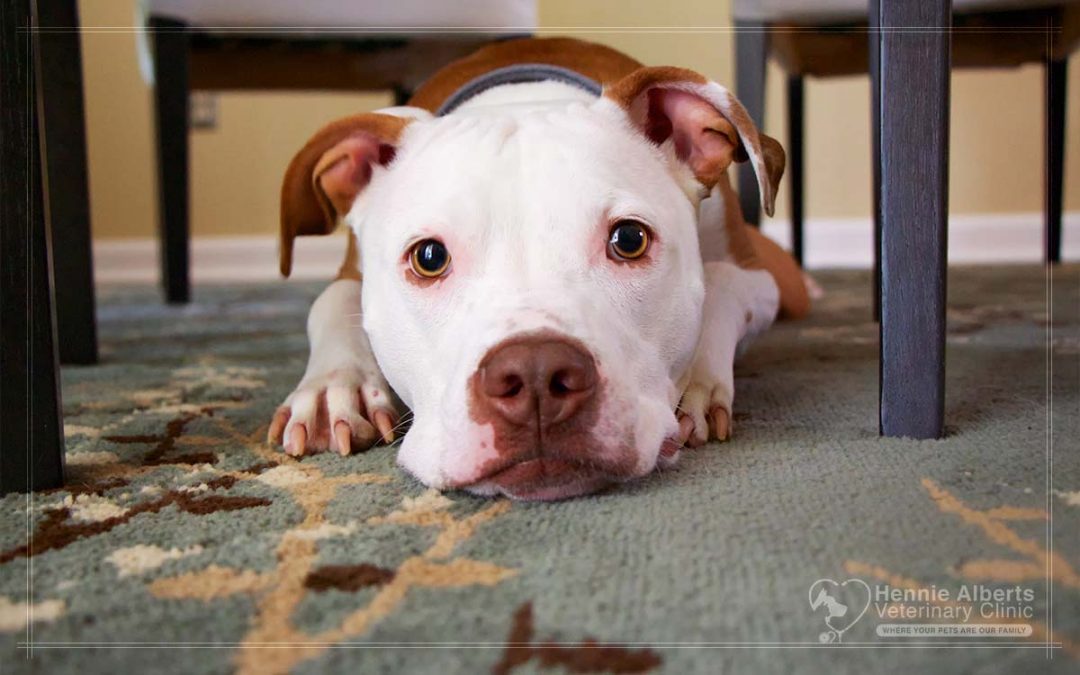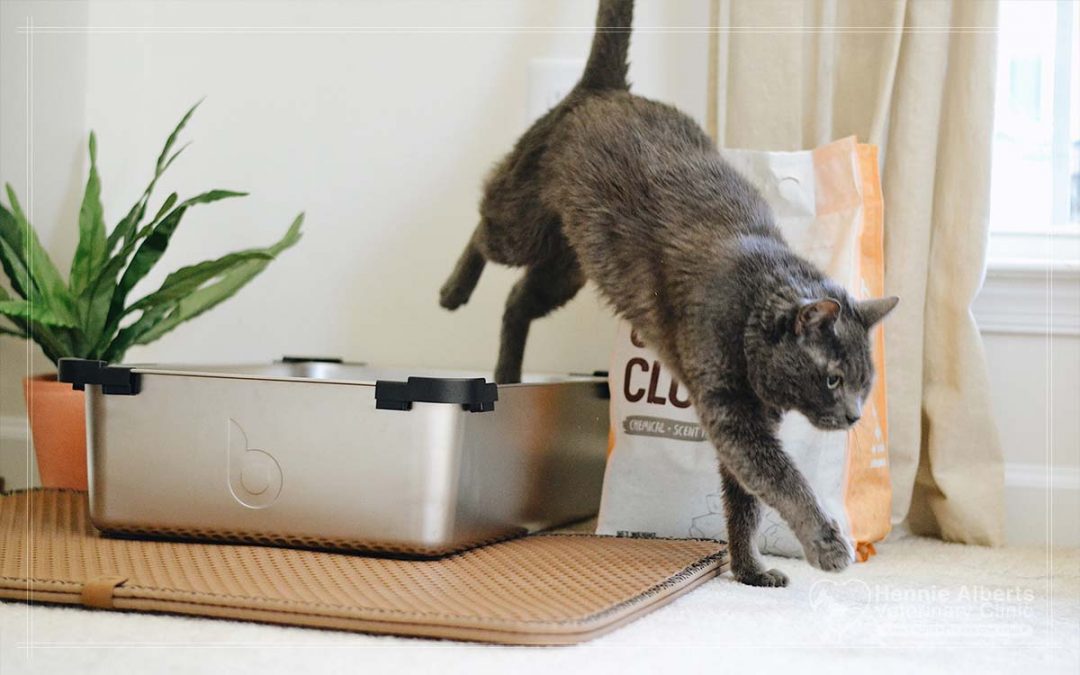
by Hennie Alberts Vet | 24 Jan 2020 | News
Feline Upper Respiratory Tract Disease (“snuffles”) is most commonly caused by feline herpesvirus (FHV-1) and feline calici virus (FCV) in cats. Infection is most common in multi-cat households and in unvaccinated cats. Very young, very old, and immunosuppressed cats...

by Hennie Alberts Vet | 2 Jan 2020 | News
We are not generally an exotics vet and prefer to just see birds for basic things such as wing or nail clippings as they are very sensitive animals and are best seen by a specialist if sick. Birds stress very easily, so it’s always advisable that the first person...

by Hennie Alberts Vet | 27 Nov 2019 | News
The only place bones belong are in your bin. The idea that it’s natural for dogs to chew on bones is a popular one. However, it’s a dangerous practice and can cause serious injury to your pet. If you look in the wild, predators feed on a carcass and actually leave the...

by Hennie Alberts Vet | 31 Oct 2019 | News
Skin conditions are one of the most common reasons for a vet visit and one of the most frustrating conditions for owners, pets, and vets. The take-home message is very important: Skin issues are not cured but can be managed. They require constant care to keep under...

by Hennie Alberts Vet | 20 Sep 2019 | News
Feline lower urinary tract disease (FLUTD) describes a variety of conditions that affect the bladder and urethra of cats. Cats with FLUTD most often show signs of difficulty and pain while urinating (crying when they urinate), increased frequency of urination, sitting...

by Hennie Alberts Vet | 28 Aug 2019 | News
We are fortunate enough that we haven’t seen a dramatic amount of dog poisonings recently; however, in other areas there has been a drastic increase in poisonings. Criminals use Aldicarb to eliminate dogs within residential areas, with the intention of gaining access...







